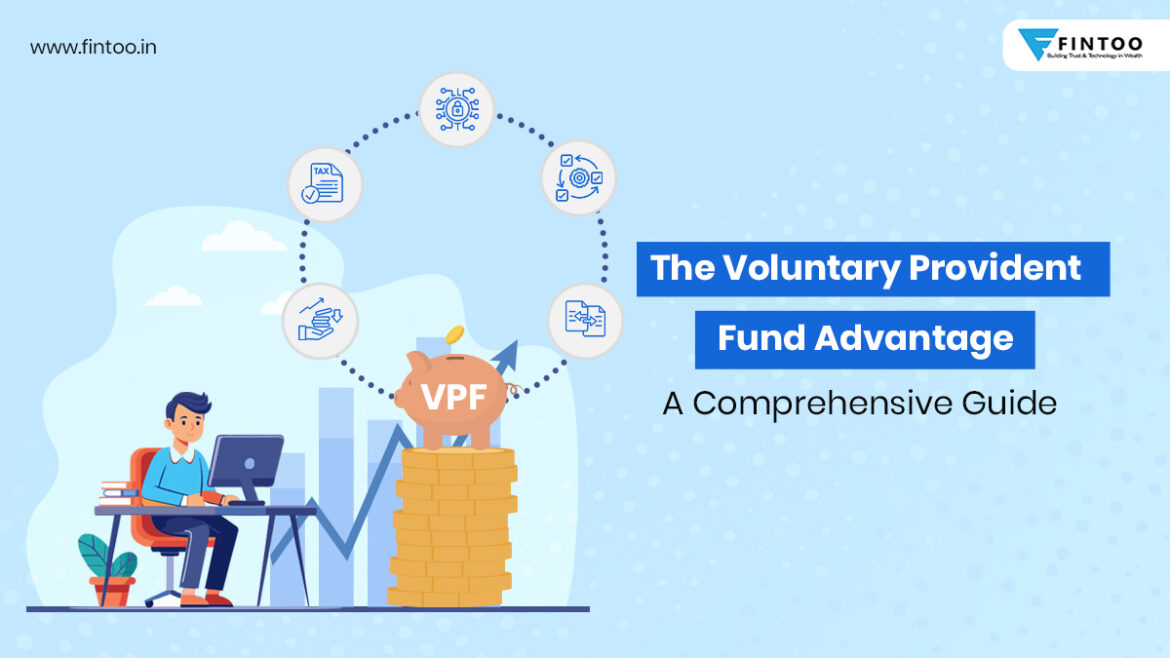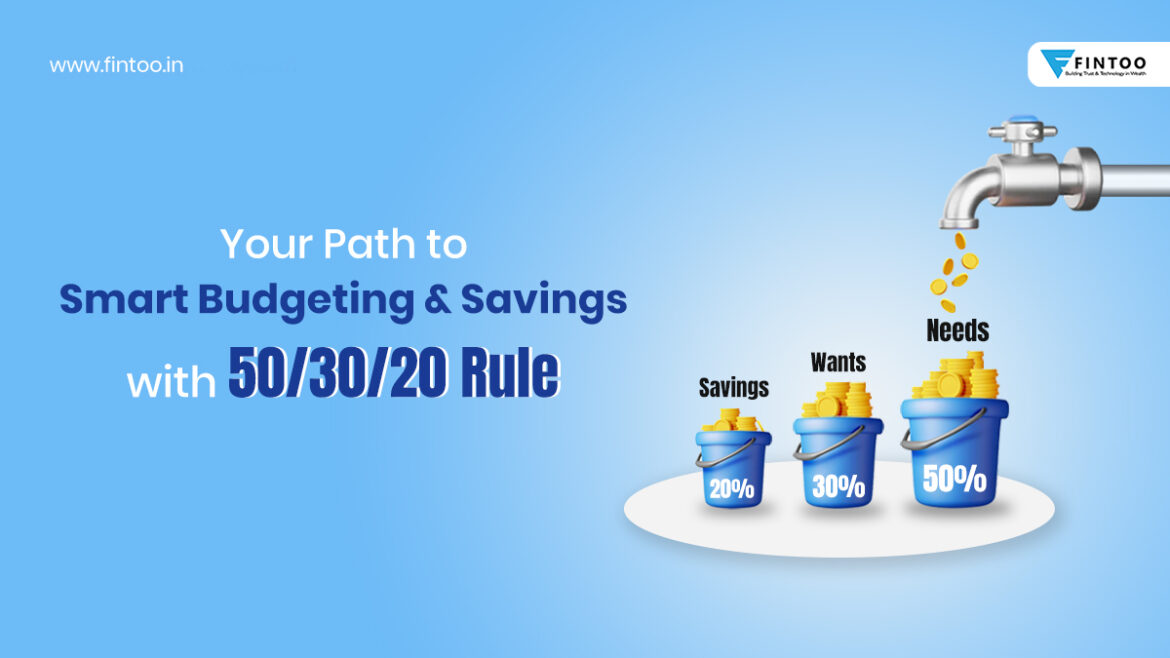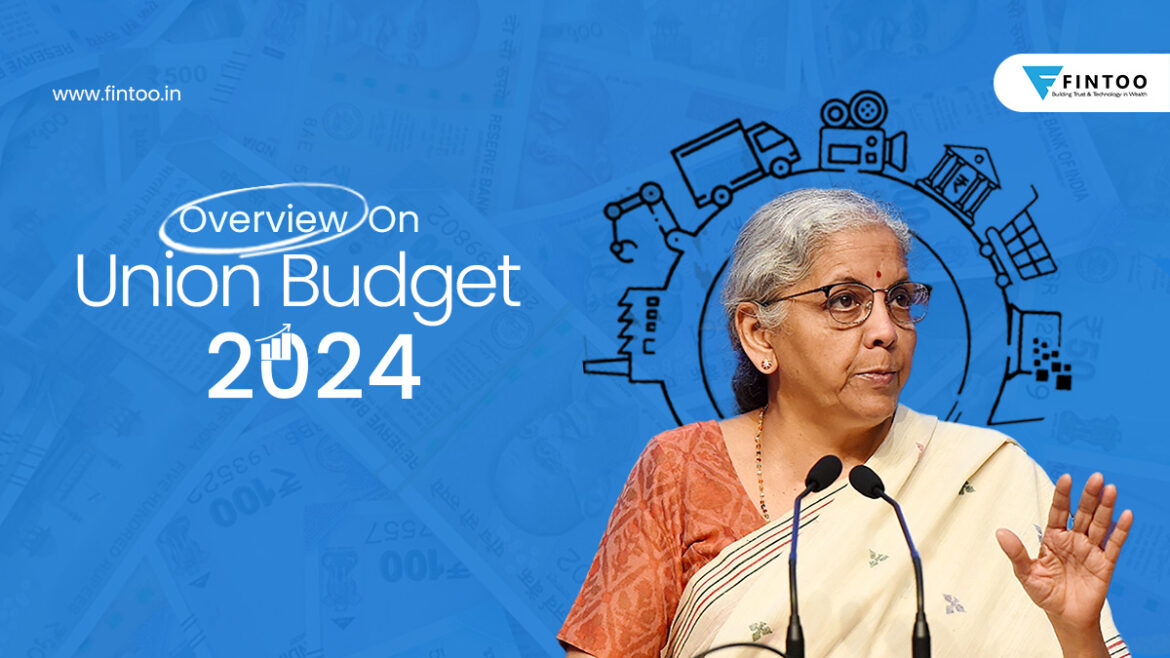

The Voluntary Provident Fund (VPF) – A Comprehensive Guide


What is Insurance, Types Of Insurance, And Which One You Should Choose?


The 50/30/20 Rule: How Can It Help You Master Financial Stability?


Difference Between Term Insurance And Life Insurance


Union Budget 2024: Tax Benefits Extended, Slabs Unchanged, Capex Boosted – Exploring Key Announcements


Why Is Financial Advisory Important?


What Is Asset Allocation And Why Is It Important?


How To Start Investing? A Beginner’s Guide


What Are The National Highway Authority Of India Bonds?


